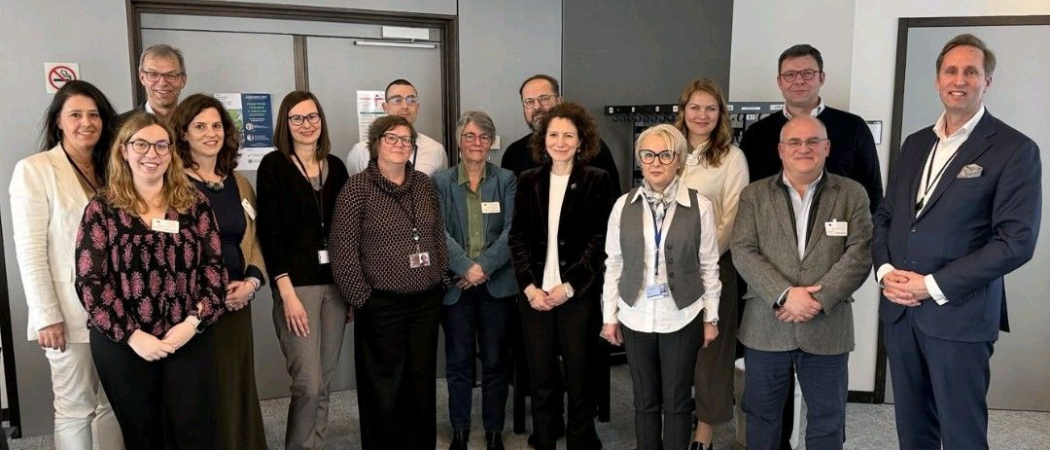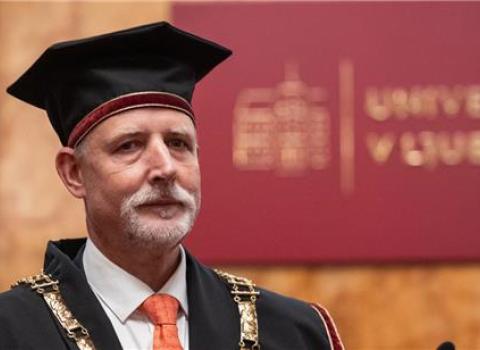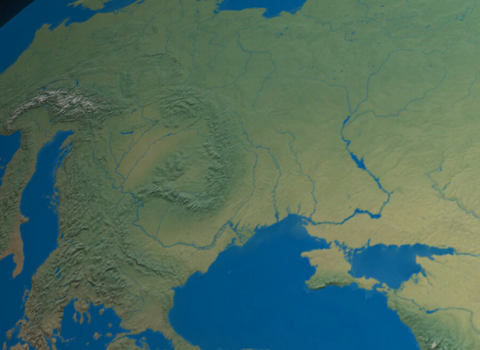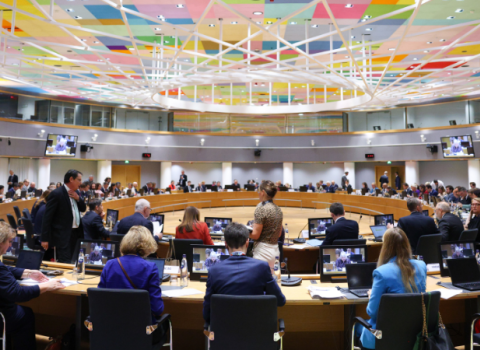Widening actions could be undermined if FP10 merges with a broader Competitiveness Fund, participants say

The Widening Task Force during its second meeting on March 25 at the European Parliament building, in Brussels. Photo credits: Karolina Dutkiewicz - García / LinkedIn
The Widening countries still need targeted research and innovation support, according to a task force set up in the European Parliament to examine the question. And this, in turn, requires a standalone, ring-fenced successor to Horizon Europe.
The MEPs and experts involved in the informal Widening task force are the latest to voice their opposition to suggestions that FP10, the next Framework Programme, might be absorbed by a new European Competitiveness Fund.
“The Framework Programme can be seen as the [EU’s] strategy for research and innovation,” said Eszter Lakos, the European People's Party MEP who leads the Widening group. “Widening is a political priority and an integral part of this strategy; it cannot be set aside for the sake of flexibility every single year, as would happen in the Competitiveness Fund.”
According to Commission sources, the EU executive is very close to making a decision on the structure of the Competitiveness Fund, a new overarching financial tool designed to focus the EU budget on boosting innovation, strategic autonomy and economic growth.
But the European research community is growing increasingly concerned about proposals to integrate FP10 into this fund, fearing it could undermine the integrity and effectiveness of existing research and innovation funding schemes, including the Widening programme.
The concept of Widening was introduced in Horizon 2020 to address disparities in research and innovation performance across Europe.
Participants in the task force also pushed back against a suggestion, voiced in a recent Finnish position paper, that cohesion policy rather than the Framework Programmes should be the primary tool for addressing development disparities between EU member states.
Related articles:
- MEPs push for Widening to become mainstream in FP10
- New report points to ‘effective’ Widening funding schemes
“For years, I’ve heard the argument that the Framework Programme is for excellence, while cohesion policy is for inclusiveness. But I don’t think inclusiveness should be limited to cohesion policy; that would do a lot of harm,” said Joanna Kubiak, acting director at the Wielkopolska Region Brussels Office and a participant in the Widening task force.
She went on to emphasise that participation in the Framework Programme strengthens the whole European research ecosystem. “Not having this additional support that 15 member states need [. . .] would only slow progress, [. . .] harming EU competitiveness,” she told Science|Business,
Kubiak also pointed out that, despite concerns, Widening funds account for only about 3% of Horizon Europe’s budget. “It’s not a lot, but it can have a significant impact,” she said.
Widening the gap
Another concern is that the Competitiveness Fund could widen the research and innovation gap in Europe rather than narrow it. “If you focus on large, complex, top-down cores that are high technology readiness level, that’s very likely to favour those regions of Europe that are already advanced in those areas, particularly in complex technologies,” said Jan Palmowski, secretary-general of the Guild of European Research-Intensive Universities and another task force participant.
Beyond Widening, Lakos also argued that a standalone Framework Programme would be essential for industry partnerships, which need predictability to function effectively. “[Companies] commit both cash and in-kind contributions for seven years, so they need long-term stability and a ring-fenced budget,” she said.
Moreover, stability is needed as well if the EU wants to keep open the FP to association, Lakos added.
In addition to MEPs, the Widening task force includes participants from umbrella organisations focused on Widening issues and research and innovation stakeholders from Widening countries. Since its launch in January, the group has been pushing for Widening to become mainstream in FP10 by integrating its principles across all programme areas and funding instruments.
The next task force meeting will take place following the Commission’s midterm evaluation of Horizon Europe. “We want an evidence-based discussion on what works and what doesn’t,” Lakos told Science|Business. “There are many instruments, some of which overlap.”
The next meeting’s discussions will focus on topics such as the barriers Widening countries face in accessing funding from the European Research Council and European Innovation Council, the future of the European Institute of Innovation and Technology, and the role of joint undertakings and European partnerships.





 A unique international forum for public research organisations and companies to connect their external engagement with strategic interests around their R&D system.
A unique international forum for public research organisations and companies to connect their external engagement with strategic interests around their R&D system.